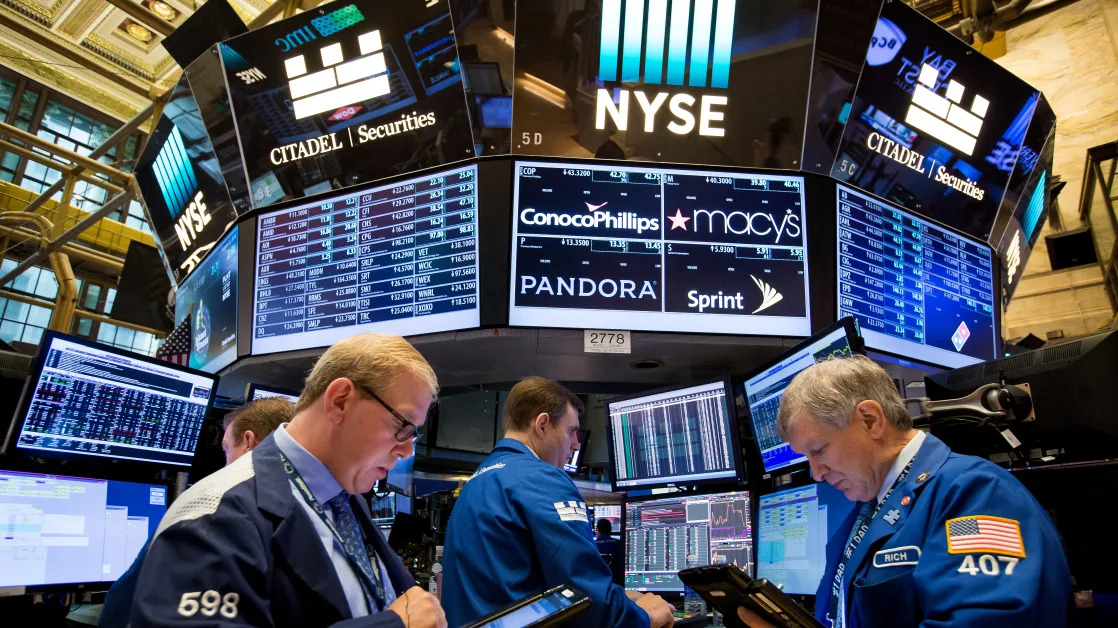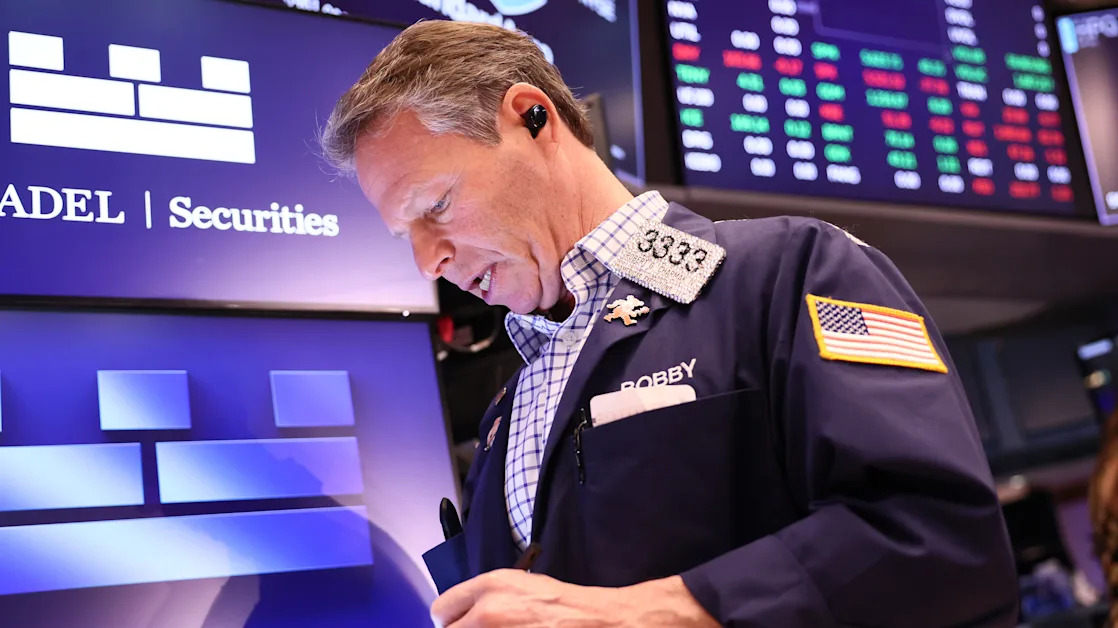Bitcoin’s role in the global financial landscape often invites contrasting views, especially when its performance appears to defy traditional market logic. Is it a digital mirror of the stock market or a unique asset influenced by broader economic forces?
Roundtable anchor, Rob Nelson, and David Gokhshtein, Founder & Executive Chairman of Gokhshtein Media, offer their insights on how bitcoin's behavior may be more complex than it seems, driven by factors beyond mere market correlation.
Nelson kicked off the conversation by questioning the common belief that bitcoin's value is closely tied to stock market fluctuations. He suggests that bitcoin’s performance may be more closely aligned with the strength of the U.S. dollar. He notes that if the dollar begins to weaken, bitcoin might experience an upward trend. Nelson argues that many are incorrectly correlating bitcoin’s movements with the stock market, when in reality, it was intended to be a different kind of asset altogether.
David Gokhshtein brings a different perspective, highlighting the influence of institutional players in the cryptocurrency space. He points out that the involvement of major financial institutions like BlackRock and Fidelity in bitcoin ETFs suggests a long-term confidence in the asset’s value. Gokhshtein also draws parallels between the trajectory of bitcoin and gold, especially in the context of the approval of gold ETFs, which eventually led to a significant price increase. He believes a similar pattern could emerge with bitcoin, especially as the market adjusts to the presence of institutional investors.
Gokhshtein further emphasizes the resilience of bitcoin, particularly in times of global uncertainty. He mentions recent geopolitical tensions and economic developments, including Japan’s interest rate changes and rising global conflicts, as factors that have contributed to bitcoin's recovery from recent lows. According to Gokhshtein, the ongoing recovery of bitcoin, even amid such turmoil, reinforces its position as a store of value. He questions why anyone would abandon bitcoin if it is truly regarded as a store of value, drawing a comparison with gold, which has historically been viewed as a safe haven.





